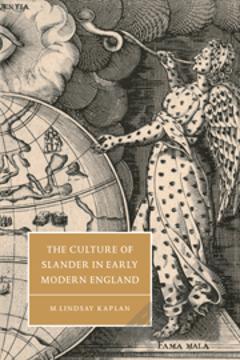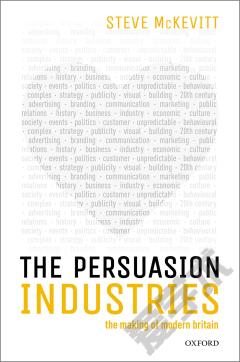The Making of Consumer Culture in Modern Britain
It is commonly accepted that the consumer is now centre stage in modern Britain, rather than the worker or producer. Consumer choice is widely regarded as the major source of self-definition and identity rather than productive activity. Politicians vie with each other to fashion their appeal to 'citizen-consumers'. When and how did these profound changes occur? Which historical alternatives were pushed to the margins in the process? In what ways did the everyday consumer practices and forms of consumer organising adopted by both middle and working-class men and women shape the outcomes? This study of the making of consumer culture in Britain since 1800 explores these questions, introduces students to major debates and cuts a distinctive path through this vibrant field. It suggests that the consumer culture that emerged during this period was shaped as much by political relationships as it was by economic and social factors.
{{comment.content}}








 京公网安备 11010802027623号
京公网安备 11010802027623号